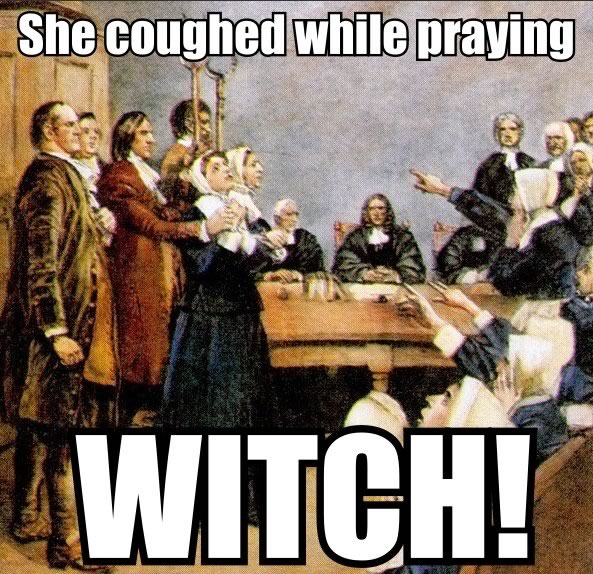The colonial rallying cry, “No taxation without representation!”, was adopted as a result of which event?
a. The Boston Tea Party of 1773
b. The Boston Massacre of 1770
c. The Stamp Act Congress of 1765
d. The Gaspee Affair of 1772
e. The Proclamation Act of 1763
Scroll down for the answer!
Disclaimer: This question is just for testing your knowledge of AP US History… it is not intended to be a “sample question” from the AP US History Exam! That’s what APUSH practice tests are for.

Recent Comments